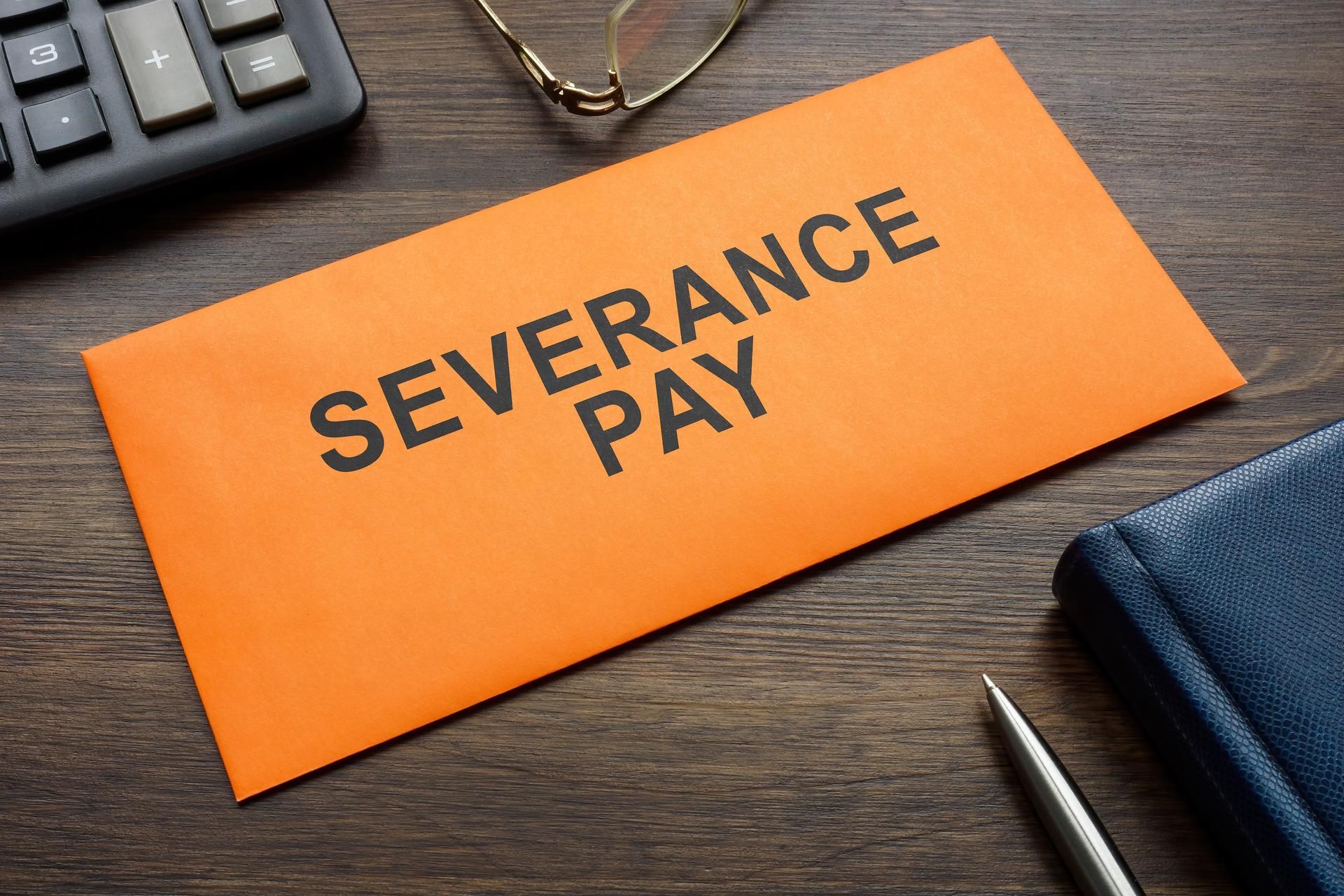Understanding Retaliation For Employee Whistleblowers: Legal Actions To Take To Safeguard Your Rights

Being a whistleblower takes courage, as it involves exposing misconduct within your organization. When you choose to speak up about illegal activities or unethical behavior, you are doing the right thing. However, it's important to remember that retaliation is a risk you may encounter after blowing the whistle. In this blog post, we will explore the types of retaliation you may face as an employee whistleblower, discuss your rights, and provide guidance on the legal actions you can take to protect yourself.
What topics constitute Whistleblowing?
Not every form of employer misconduct is subject to whistleblower protection. Congress has identified specific misconduct that may be reported and is protected by anti-retaliation statutes. A link to the United States Department of Labor shows the various areas forms of protected conduct: https://www.dol.gov/general/topics/whistleblower
Types of Retaliation
Termination or Demotion
One of the most common forms of retaliation is termination or demotion. After exposing wrongdoing, you may find yourself being fired or relegated to a lower position. Employers may use other justifications for these actions, claiming poor performance or restructuring, but the truth is often rooted in retaliation for whistleblowing.
Negative Performance Reviews
Another way employers may retaliate is by giving you unjustifiably negative performance reviews. This tactic aims to damage your professional reputation and undermine your credibility. By unfairly evaluating your work, employers hope to create a foundation for disciplinary actions or layoffs
.
Harassment and Intimidation
Retaliation can also take the form of harassment and intimidation. Employers or coworkers may subject you to hostile work environments, making it difficult to perform your job effectively. This could involve exclusion, verbal abuse, or isolating you from important meetings and projects.
Pay Reduction or Denial of Benefits
Some employers may try to retaliate by reducing your pay, modifying your compensation structure, or denying you certain benefits. These actions are meant to punish you for speaking out and discourage others from doing the same.
Understanding Your Rights as a Whistleblower
Fortunately, there are legal protections in place to shield whistleblowers from retaliation. Different countries and jurisdictions have specific laws to safeguard employees who report wrongdoing.
To be eligible for protection, it is crucial that you follow the proper reporting procedures outlined in your organization's whistleblower policy or applicable laws. This may involve reporting to internal channels, such as a compliance department or external enforcement agencies.
Legal Actions You Can Take
If you encounter reprisal as a whistleblower, it is crucial to seek guidance from a seasoned employment attorney who focuses his practice on safeguarding whistleblowers' rights. Their expertise will provide you with the necessary protection and support you need and help you determine the best course of action based on your specific situation. Some possible legal actions you may take include:
Filing a Complaint
Your attorney can assist you in filing a complaint with the relevant regulating authority. This initiates an investigation into the retaliation you have experienced.
Initiating a Lawsuit
If the investigation determines that your employer engaged in unlawful retaliation, you may have grounds to sue for damages. A skilled attorney will navigate the complexities of employment law and gather evidence to build a strong case on your behalf.
Confidentiality Agreements and Whistleblower Protection Programs
Certain industries, such as healthcare and finance, have legislation that offers potential monetary rewards and protections for whistleblowers. An attorney can help you determine if you qualify for these programs.
As an employee whistleblower, understanding the potential types of retaliation you may face and your rights is crucial. It is important to be prepared and knowledgeable about the legal actions you can take to seek justice and protection. Remember, you are not alone, and there are legal professionals ready to support you in your pursuit of accountability and a safer working environment. If you are a whistleblower and seek assistance about how to blow the whistle correctly or facing retaliation from your employer because you have already taken action, don't hesitate to contact us at Allen D. Arnold Attorney at Law. We'll help safeguard your legal rights and support you during this difficult time.
Alabama Rules of Professional Conduct Notice: No Representation is made that the quality of legal services offered is greater than that of other lawyers. The information contained on this website is not a substitute for legal advice, and reading it does not create an attorney-client relationship.









